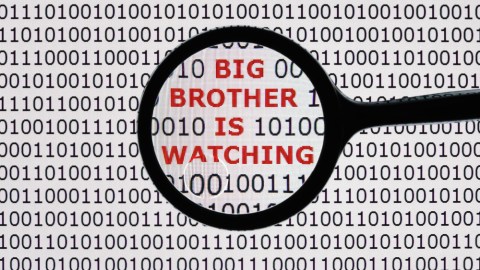We Need to Be Able to Protect Ourselves from Big Data

Big data challenges our current paradigm, our current thinking of how we protect personal privacy. Is it a dark side of big data? Yes it is. It’s a dark side because the current methods that we have devised to help us protect our privacy are no longer effective in the big data age.
First, the legal framework that we have of asking for our consent and giving notice to individuals really doesn’t work in the big data age because noticing consent happens at the moment of collection when I collect data from an individual. But at that time I don’t know, in the big data age, for what purposes I will use the data. Because much of the value of data is hidden. It lies in the secondary and tertiary uses of data. I can’t tell individuals at the point of collection what I’m going to use the data for. And therefore I can’t ask them to consent to that because there’s nothing to consent if I don’t know what I’m using it for.
And so this whole idea of noticing consent done really doesn’t work. We need to replace it with something that is not focused on the point of collection but on a point of use. And so we need to ensure that the use of the data, many multiple reuses of the data, are done in an accountable and responsible fashion. And that’s why I’m calling for a regime of accountability, for a system of accountability where data users are able to reuse the data without having to go back and ask for consent, but they are reusing the data and have to reuse the data after looking at the risk involved and devising mitigation strategies to limit the negative impact that there use has on individuals.
And then they would be held accountable if they haven’t done the risk assessment and impact assessment right, they haven’t implemented the mitigation strategies and safeguards correctly, then they will be legally liable and they will face fines and perhaps even criminal prosecution.
What this should do is to enable big data use and reuse but at the same time to ensure that in this big data age, we as individuals out there, are still being protected.
In Their Own Words is recorded in Big Think’s studio.
Image courtesy of Shutterstock




